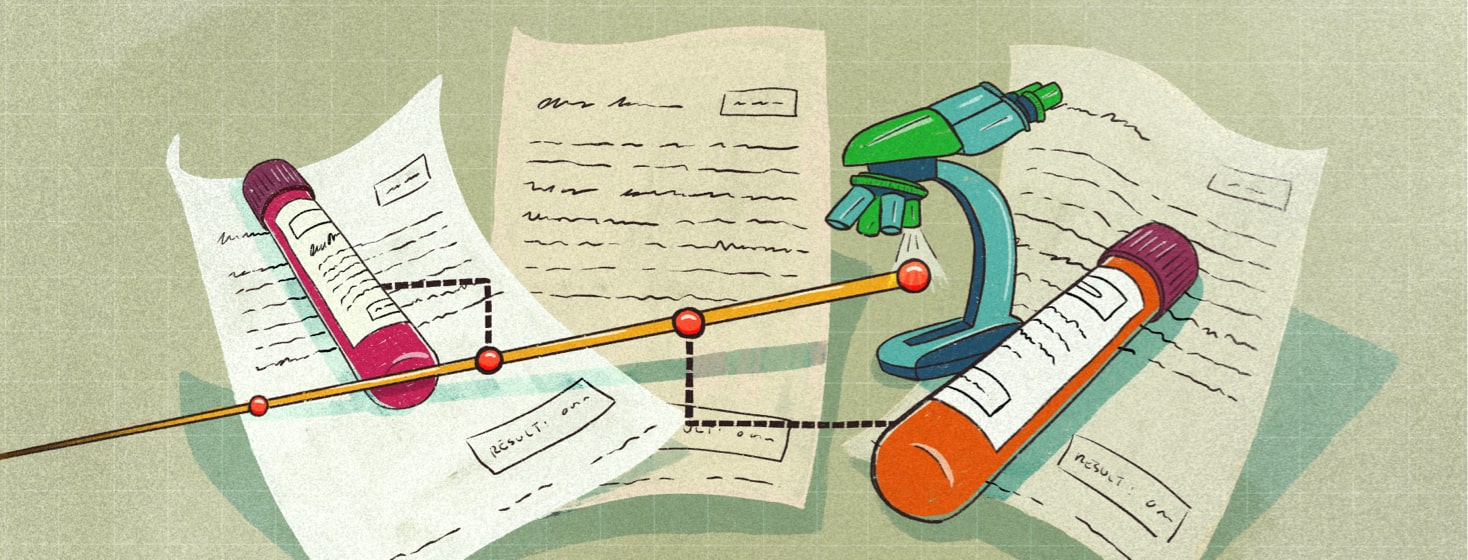Monitoring My PSA Levels After Surgery
As I ended the first part of my story, I was being physically helped to a chair in my urologist’s office after being sort of blindsided by my cancer diagnosis. After the initial shock I had to face the decision of what to do next.
For me, it seemed reasonable to “get that cancer out of me!” I figured that if they took it out they could always go back and radiate it. So much has changed since 1997, and there are so many more options. But in 1997 at age 49, the decision wasn’t whether to remove my prostate, but rather where to have it done.
My treatment and recovery period
I researched Johns Hopkins and other centers but decided to trust my local, original urologist. Other physicians and the nurses I talked to assured me he was a virtuoso with his hands and had a lot of experience. So I took the leap and all went remarkably well. I had some bladder spasms initially with my post-op catheter, but otherwise the pain was manageable; and I went home with half a dozen pain pills and a foley catheter.
At home with orders to tolerate at least 3 weeks with a catheter I had one painful yet joyful experience. I was in the shower when suddenly I started to get an erection. I was overjoyed with the erection but in agony with the pain it caused, as my penis crawled along that rubber catheter! I must admit, however, that the joy was definitely greater than the pain... talk about mixed emotions.
Happily, the catheter was removed without incident a couple of weeks later. For the next couple of weeks until the catheter came out, I tried not to think any more erotic thoughts!
A slowly rising PSA
Following the surgery, for the next couple of years we did PSAs every 6 months and then every year after that. During these early post-op years, the PSAs were always reported as less than 0.1 without the further accuracy we now expect. This went on for a good 18 years before I got my first 0.1 without those two wonderful words: "less than."
I assumed this was no big deal, but my primary doctor refused to reassure me and thought it was time to see a urologist again. Long story short, we watched for a couple of years before the 0.1 became 0.2. It was about this time that the labs began reporting the test results with more specificity.
It was during this time of anxious observation that a friend asked me if I would be willing to facilitate a prostate cancer support group in Palm Springs, Calif. Why not? I had taught the prostate cancer module to medical students years before and, even though retired, I couldn’t pass up the chance to use my own personal and professional history to help boost this initiative. Plus, my friend assured me that it would be good for me to share my history and anxieties with others. On this, he was right.
The cancer comes back
By 2018 PSAs began being reported with more accuracy/specificity, and finally in late 2019 my PSA crossed the 0.2 threshold, and a bit more anxiety crept in as it became clear that the cancer certainly was back.
Finally, in early 2020 with a PSA of 0.40, I asked my urologist about this new PSMA scan available at UCLA, and he agreed it would be a good idea. It wasn’t negative! And, in fact, it looked like there was cancer in my bones!
Stay on top of PSA levels
The main lesson from this article is that it is never too early to hop on a rising PSA, even years after the primary treatment. With increasing numbers of diagnostic tools like PSMAs and with advances in radiation therapy, hormone therapy, chemotherapy, genetic testing/targeting and even injectable targeting of cancer cells with PSA on them, I believe the future looks increasingly bright for all of us! Only, however, if we stay vigilant!

Join the conversation